Oh, the Humanity! On Climate Change & Ancient Egypt
How climate change begat climate crisis, which in turn begat climate emergency. It turns out everything I know about the climate crisis, I learned from Ancient Egypt.
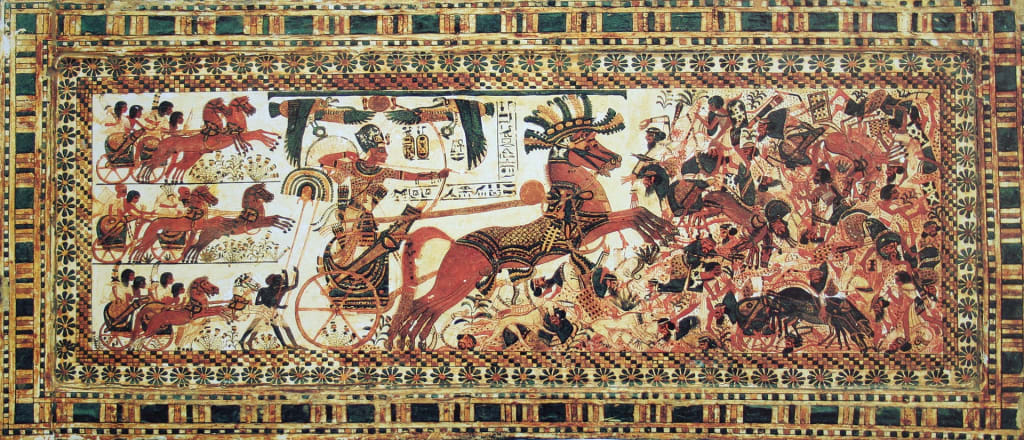
Oh, the frogs! The gnats! Signs and marvels, visited on the Pharaoh — that loser — in answer to his taunt that He did not know Yahweh. Oh, the flies! The pestilence visited upon the beasts of the field — the horses and donkeys and camels, "and on their cattle and sheep and goats." The thunderstorms of hail and fire! The dead fish in the Nile! Beware, lest we face the full force of Nature’s plagues. Be it known that Yahweh was a storm-and-weather deity who led the heavenly army against Israel’s enemies.
“They were warned!” one of my favourite professors of Egyptology intimated just the other day, in a Facebook post.
Kara Cooney is not just an Egyptologist — she’s an associate professor of Egyptian Art and Architecture at a high-profile research university in Southern California. She’s the chair of UCLA’s Department of Near Eastern Languages and Cultures, and she knows her stuff.
With floods reaching from central Europe to eastern China and record-breaking heat waves in the Pacific Northwest and — wait for it — western Canada (Canada? Heat waves!?) we all, to various degrees, face the existential question of how climate change begat climate crisis, which in turn is begetting climate emergency, which in turn may beget climate catastrophe in the not-too-distant future.
Oh, the humanity!
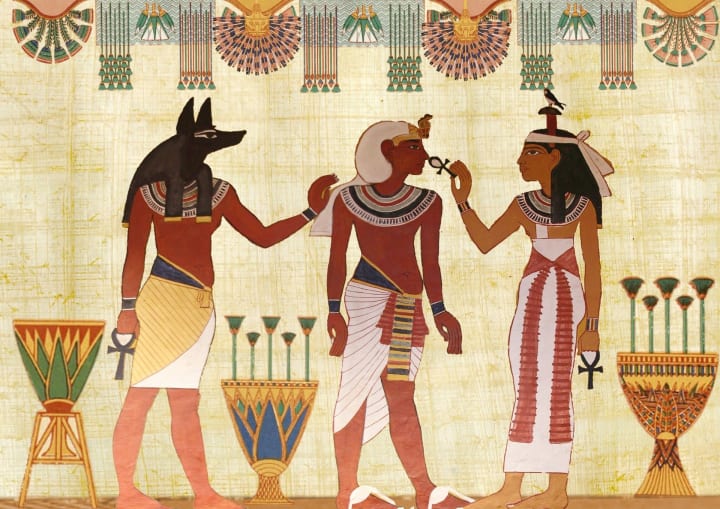
Mind you, this is not the first time “extreme weather events” have been on the collective mind of humankind.
It turns out that Ancient Egyptians — yes, them, the Cat People — can offer us some useful insights into how ordinary people responded to environmental stress in a time when the nearby river was the single most important source of life and peculiar weather wasn’t just a talking point at the local café over morning khaamet— it was quite literally an issue of life or death.
More than a few academics — Nadine Moeller, professor of Near Eastern Languages and Civilizations at Yale University, and Joseph Manning, historian and professor of Classics and a Senior Research Scholar at Yale Law School — have been pointing to Ancient Egypt as an indicator of things to come.
Egypt was not alone, of course: There were plenty of other ancient civilizations that experienced weird weather, and suffered the consequences as a result. We pay more attention to Egypt, though, because of the cats. And the pyramids. And the hieroglyphs. And the movie Stargate. . . .
Annual summer flooding of the Nile was critical to agricultural development, Prof. Moeller told Yale News. Although flood cycles varied, archaeological evidence suggests weather patterns became more erratic during certain periods. Floods wouldn’t happen for years at a time, and drought ruled the day. And then it would rain cats and dogs.
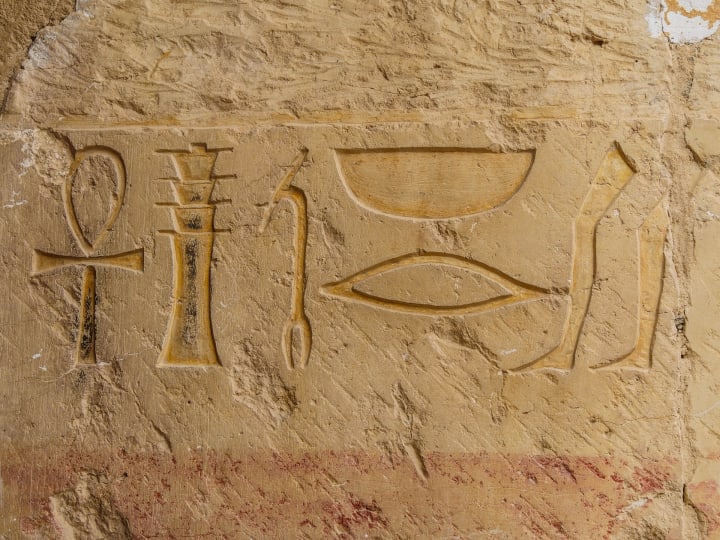
These weather events were not caused by human activity, as a general rule. Building the pyramids took a lot of energy, but the fossil-fuel kind. Prof. Moeller has studied climate patterns in Ancient Egypt as part of her remit. Among other things, she realized the so-called 4.2 ka BP event, a pattern of worldwide dry weather which started on or around 2200 BCE, coincided with the collapse of Egypt’s Old Kingdom, and continued for several centuries. Oh, joy!
A centuries-long drought would likely have caused water levels in the Lower Nile to drop[ precipitously (sorry), which in turn would likely have led to lower crop yields. And when crops fail and things turn bad, the Ancient Egyptians would likely have done what humans have done throughout human history: Blame other people!
“Societies don’t just stick together naturally,” the historian Prof. Manning told Yale News. “The big lesson of history is that societies fall apart due to a variety of compounding factors. Social inequality and significant environmental change are two big ones.” Oh, joy!
But wait, there’s more.
“Cooperation is key,” Prof. Manning continued. “What kept the Old Kingdom together for many centuries was a fairly stable political equilibrium and economy.”
Stable political equilibrium and a sound economy. Now does that sound like us, or what?
We’re doomed.
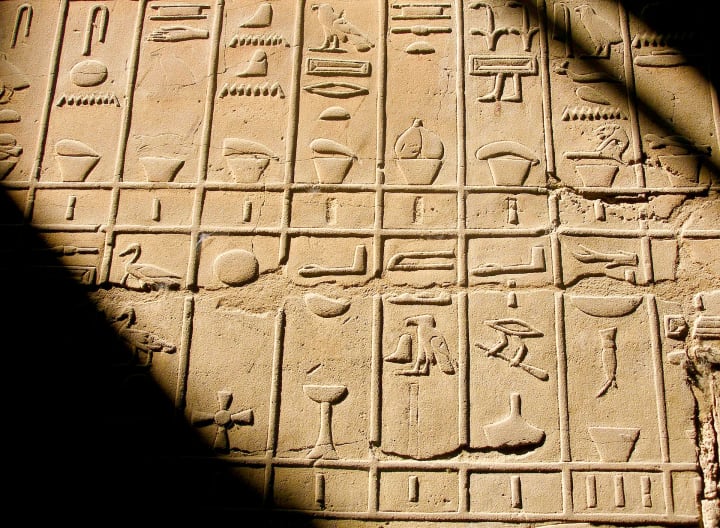
“That’s why studying ancient climatic change is relevant to understanding what’s happening in our world now,” Prof. Manning added. “You can look at droughts in Old Kingdom Egypt and, say, the wildfires in modern California. Humans need water — if you don’t have water, you move. And that migration can lead to a lot of other changes.”
But wait, there’s more.
“How will we respond around things like migration from Africa or Central America into the US and Europe?
“How do we adjust expectations around things like economic growth?
“What, as a society all together, do we give up for the good of this planet?”
Well … I’m thinking to myself. The Bachelor, for starters. Nickelback. Bad drivers. Smartphones. Ann Coulter. Apple updates. Single-use plastics. Soy lecithin in chocolate. Palm oil. Anti-vaxxers. Politicians who don’t believe in climate change.
But will it be enough?
Sebayt.
Whazzat, you ask?
Sebayt is the Ancient Egyptian handle for a genre of pharaonic literature that literally means "teachings" or “instructions.” It refers to formally written ethical teachings focused on the “way of living truly,” and is considered an Ancient Egyptian form of wisdom literature.
Now you know.
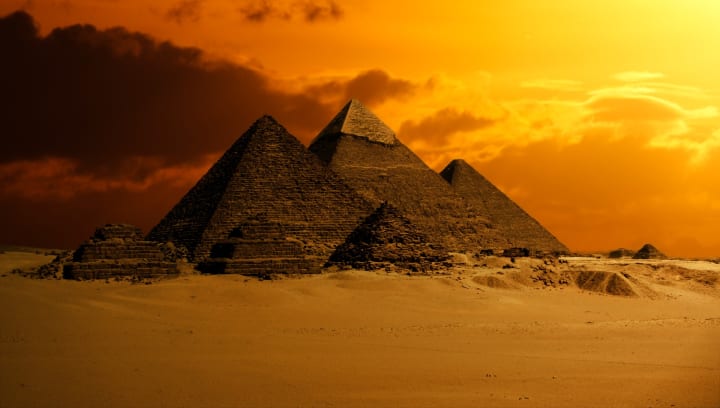
About the Creator
Hamish Alexander
Earth community. Visual storyteller. Digital nomad. Natural history + current events. Raconteur. Cultural anthropology.
I hope that somewhere in here I will talk about a creator who will intrigue + inspire you.
Twitter: @HamishAlexande6


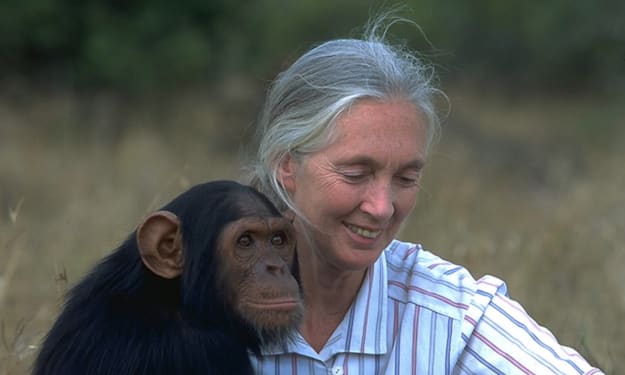
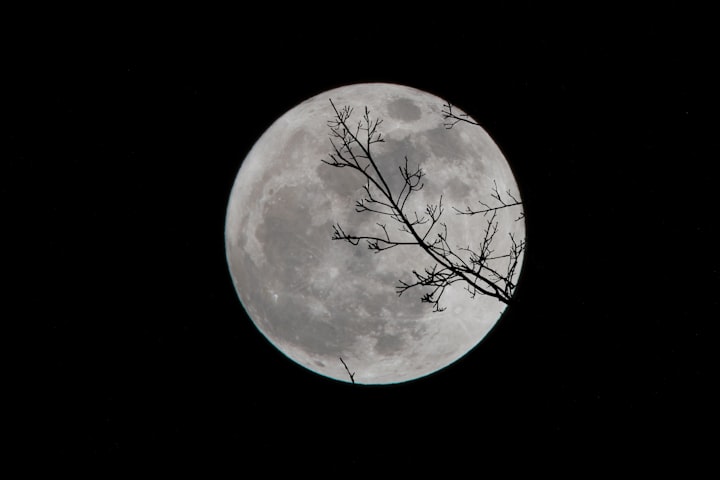


Comments
There are no comments for this story
Be the first to respond and start the conversation.